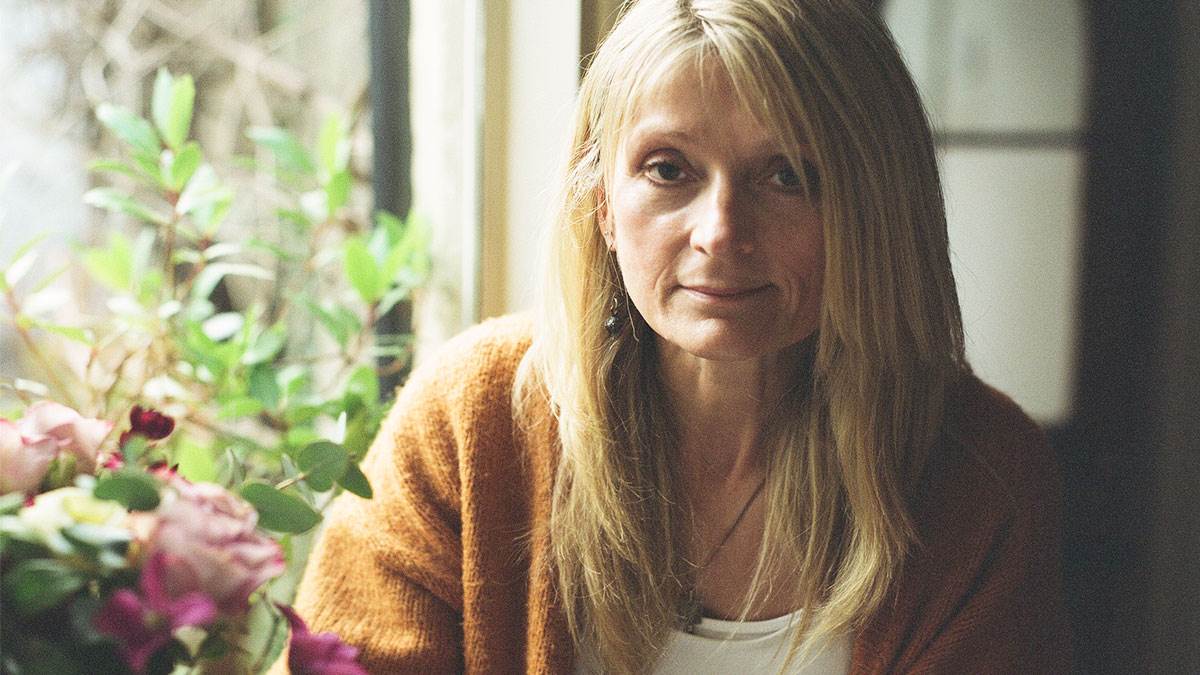Compassion, patience, empathy and kindness: why we need to write more about disability
Published on: 16 Tachwedd 2018 Author: Alex Strick
Mel Darbon, author of Rosie Loves Jack, talks to Alex Strick about her inspiration and motivation for the book – all about two young people with learning disabilities who fall in love.

Where does your personal interest in disability equality and positive representation originate from?
It originates from my younger brother, who is on the autistic spectrum. In his case, the impact of autism is very severe, affecting his cognitive development, and meaning he needs a lot of support. So for example, it means he can’t wash or dress himself or express emotion, even if he is in pain. People tend to only talk about the negatives of a learning disability because they can’t see beyond the condition – or don’t know how to. So I decided from a young age that I wanted to do something about this.
Check out Bookmark: information on disability and books
What kinds of attitudes have you seen that particularly shaped your feelings about the need for greater inclusion?
I have been witness to many occasions when my brother has been verbally abused or, conversely, completely ignored, as though he doesn’t count as a normal human being. My family has even been told that he should never have been born. I realised from a young age that I wanted to help people see learning disability differently, as my brother has made me the person I am today. He has taught me compassion, patience, empathy and kindness – and I want to pass this on. I am truly grateful for having him in my life and being part of his.
Books with characters who are on the autistic spectrum or have Asperger’s Syndrome
In the case of Rosie Loves Jack, which came first – the love story, the character of Rosie, or something else altogether?
It was the character of Rosie. I was lucky to work with a great group of teenagers a few years back, who all had Down’s syndrome. One of them – a girl called Rosie, was feisty, funny and fiercely independent. I always wanted to write her into a story and give her the voice that she so desperately wanted others to hear.
On the MA in Creative Writing for Young People at Bath Spa, she popped back into my head for a character workshop we had to do. She wouldn’t let me go after that and I knew it was time to introduce her to the world, so she took me by the hand and led me through the story. That led to Rosie Loves Jack.
Rosie is such a powerful, convincing and immensely likeable protagonist. How did you manage to ensure that her character rang true?
I made Rosie a typical teenager who happened to have Down’s syndrome. Human emotions don’t differentiate between those who are able and those who are disabled. We can all remember what it is like to be in love for the first time with that heady, intense love that takes over your every waking moment. This was a good basis to start from when thinking of Rosie’s motivation to be reunited with her boyfriend Jack.
Then I did have to consider her more straightforward, innocent worldview, common to people with Down’s syndrome, which helped to make her the appealing individual that she is.
Children's and teen books that feature characters who have Down's syndrome
Were there challenges involved in ensuring a positive, independent, but also realistic picture of Down’s syndrome? So for example, acknowledging common traits (e.g. perhaps being trusting) while avoiding reinforcing stereotypes about vulnerability?
I was fairly confident I could portray a realistic picture of Down’s syndrome as I’ve known people with this condition for many years. Although Down’s syndrome isn’t on a spectrum, there are varying levels of capabilities. Basically I treated Rose like the normal teenager she is, then considered the common characteristics of a person with her condition.
It soon became apparent that your average 16 year old might be more streetwise and confident alone in London, but would actually be just as vulnerable and gullible. Rosie, because of her innocence and trust, is a "normal" teenager because they think they know it all and are infallible.
Did you undertake any additional consultation to help you ensure authenticity?
Yes, I spoke to people, read articles and studied medical texts, as I wanted to write from a position of knowledge and not just base it on my experience and observations. The most helpful research I did was to listen to some TED Talks from people who had Down’s syndrome – so, straight from the horse’s mouth, so to speak! They were invaluable.
Which particular myths and preconceptions do you most hope the book can help challenge?
There are all sorts of assumptions I hope the book challenges, such as:
-
That someone who has difficulty communicating has nothing to say
-
That a disability is how you define someone – we need to look beyond the labels
-
The preconception that disabled and non-disabled people have different human emotions. They don’t – we all desire to love and be loved and be accepted without limitations
-
The myth that all people with Down’s syndrome are exactly the same, partly because of the way they look. They are as much individuals, with varying capabilities, as anyone else.





